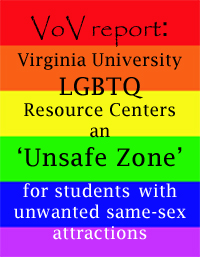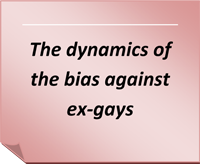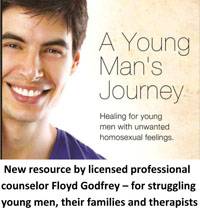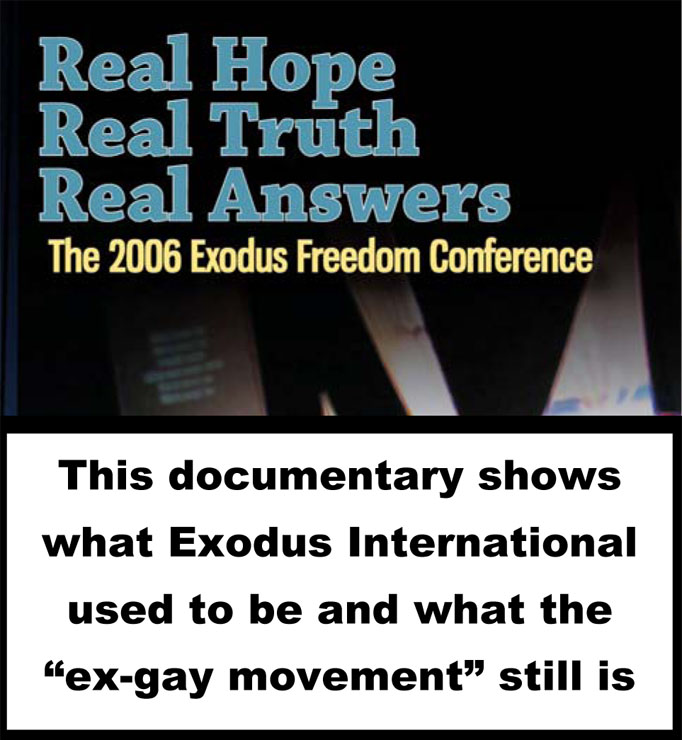Christopher Doyle sets the record straight on conversion therapy
The following excerpt is from the article “Setting the Record Straight on ‘Gay Conversion’ Therapy for Minors” by Christopher Doyle on the Christian Post website: “… In a senate hearing in February, a representative of the Washington Department of Health, which has jurisdiction over professional licensing and fields approximately 10,000 complaints a year, said that the current staff has 11 years of institutional knowledge and no one was aware of a single complaint alleging that a licensed therapist had attempted to coerce someone into not being gay.” …
“In my clinical experience, I have worked with roughly 50-75 adolescents (mostly young men) who have been distressed by homosexual desires that did not align with their values and life goals. In the vast majority of cases, the youth who entered therapy did not identify themselves as gay, but rather, believed they were inherently heterosexual with unwanted homosexual desires. For these clients, underlying issues for the development of same-sex attractions are identified and resolved over the course of treatment, with outcomes typically consisting of a reduction of homosexual feelings, along a continuum, and an increase in heterosexual feelings.”
“These clinical outcomes are consistent with epidemiological data that has found homosexual feelings in adolescence to be fluid, rather than fixed. Longitudinal studies by Savin-Williams & Ream (2007) and Ott et al. (2011) following large samples of youth found that seventy-five and sixty-six percent of adolescents, respectively, who initially identified their sexual orientation as “homosexual” or “unsure,” reported exclusive heterosexual attraction at follow-up. In contrast, only two percent of youth who identified a heterosexual orientation in the Savin-Williams & Ream study reported a homosexual orientation at follow-up.”
“While most people would agree that forcibly subjecting gay-identified youth to undergo therapy to change sexual orientation is wrong, that does not mean the state should remove the option for youth (especially those who experience homosexual feelings due to sexual abuse) to explore the origins of their same-sex attractions and consider whether they want to pursue therapy that affirms their self-identified and preferred heterosexual identity.” …
This article is also posted on the Voice of the Voiceless website.





